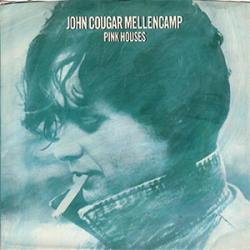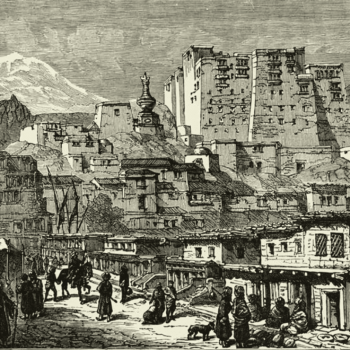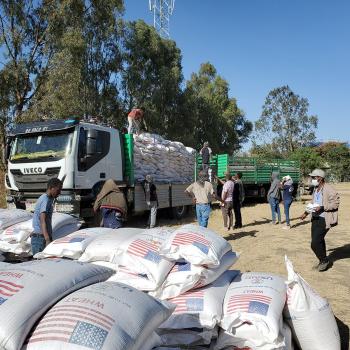Who do you hope reads this book, and what do you hope they take away?
My hope is they will take a few lessons in living simply and fully that will help them enjoy their life and be more naturally compassionate to others. In addition, I deeply wish they will remember some of the stories because stories get around our resistances, remain in our heart, and often come to mind at times when they most need to stand by our side and help us decide whether our thinking and actions make real sense or are just a product of the family or societal culture around us that often serve as invisible puppeteers without our even knowing it...sometimes until it is, unfortunately, too late. The lessons in this book say it clearly: it is never too late but don't assume you will always have time.
What conversations do you want this book to inspire?
I would love people to talk about what is really important in their lives. During this stressful time for many, Streams of Contentment seeks to have people look at their lives through different lenses than ones like success, financial wealth, and the ability to choose among many products to buy. Rather, it encourages time for better relationships with the persons around us, an appreciation of faithfulness in doing "little things" for people, and more interest in inner freedom than the freedom to purchase whatever you want. Again, not new psychological and spiritual tenets...but often forgotten ones.
Do you expect this book to change anyone's mind? About what?
This book is not designed to change anyone's mind. The reader can only decide that and that is as it should be. But I have tried to put forth for a larger audience the concepts that those in the healing and helping professions have found helpful in the past 30 years of my working with them.
What book, or which author, was your model for this book?
Everything I Learned, I Learned in Kindergarten is probably one of the books I modeled this one on. It is also in line with my own previous book Riding the Dragon. If I chose an author it would be my friend Henri Nouwen. I always admired how he would use the gift of discretion so that he would reveal enough of himself so you could identify with him but not so much that you would get into him and avoid looking at your own life.
If you got to organize a book club with three people to read and discuss your book, who do you want to be there?
When I think of people who have inspired me, they have been both kind and clear. If a person is just kind, there is no growth. If clarity stands by itself, it can cause deep (what we call in psychology "narcissistic") injury. You need a balance. Those are the type of people I would like to be there.
What was the hardest thing about writing this book?
Trying to be simple but not simplistic in my approach.
What other books are inspiring you at the moment, and do you have a current favorite book or author?
I enjoy the books of Thomas Merton, Henri Nouwen, Abraham Heschel, Pema Chodron, Jack Kornfield, Annie Dillard, and so many others. Specific titles that I have found continually helpful are: Rilke's Letters to a Young Poet, Nouwen's Making All Things New, Merton's Wisdom of the Desert, David Chadwick's The Crooked Cucumber (on the life of Shunryu Suzuki), Richard Bode's First You Have to Row a Little Boat, among many others.
Often, the best book ideas come while you're writing a book. Have you started the next one?
Yes. I would like to write a book on being kind to yourself since it is so tied to being truly compassionate. One of the greatest gifts you can give to others is a sense of your own peace and perspective...but you can't share what you don't have.
However, before that I need to finish several other projects in the works. First, I need to put the final touches on two professional books for John Wiley and Sons, Publishers. I am the junior co-author with one of our recent Loyola University Maryland Ph.D. graduates of a book entitled Primer on Posttraumatic Growth and I have written on my own a book entitled The Inner Life of the Counselor. These professional books will be submitted to the publisher probably in January and be out in September. They were a lot of work but worth it. I am also one third through a book for Sorin Books on Merton and Nouwen's spirituality. Want to have it in their hands come late spring so I better stop responding to your questions and get to work!
Thank you for allowing me to spend this time with you.
For more conversation on Streams of Contentment—and to read an excerpt from the book—visit the Patheos Book Club.





